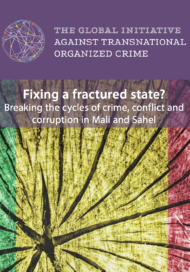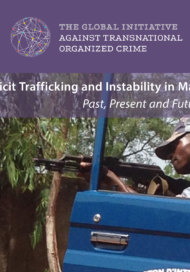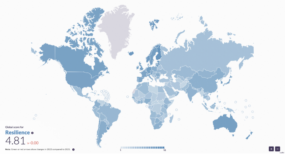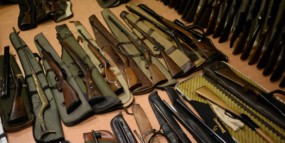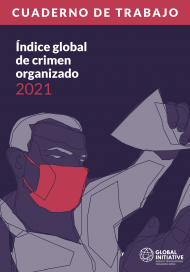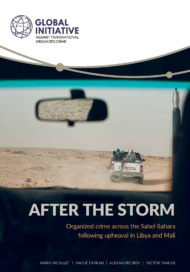Posted on 11 Jun 2015
The international community has reiterated its commitment to supporting the government to rebuild the fractured state of Mali. Despite formidable investments in sponsoring the electoral process, reinforcing the security sector and convening the ongoing peace process, the complex and interwoven challenges of chronic poverty, insurgencies, criminal economies, widespread corruption and impunity and extremist groups have created fissures in the state that are an increasing challenge to resolve.
Within this environment, the requirements of international assistance have arguably failed to provide the right incentives to create the foundation for genuine democratic governance, investing in state institutions, promoting the rule of law and providing sustainable development across the population. Achieving this objective will require a far more nuanced and engaged response, which draws together political, security and development objectives in a holistic manner, targeted at insulating the democratic process both from criminal flows and clientalist politics.
This report provides a thorough analysis of the antecedents of the crisis and charts the evolution of the political economy and ideologies driving illicit trade and instability. The report concludes by proposes a new conceptual framework for policy-makers seeking to strengthen the foundation of democracy and development in Mali.
Fixing a Fractured State follows on from the Global Initiative’s January 2014 Report, Illicit Trafficking and Instability in Mali: Past, Present and Future
